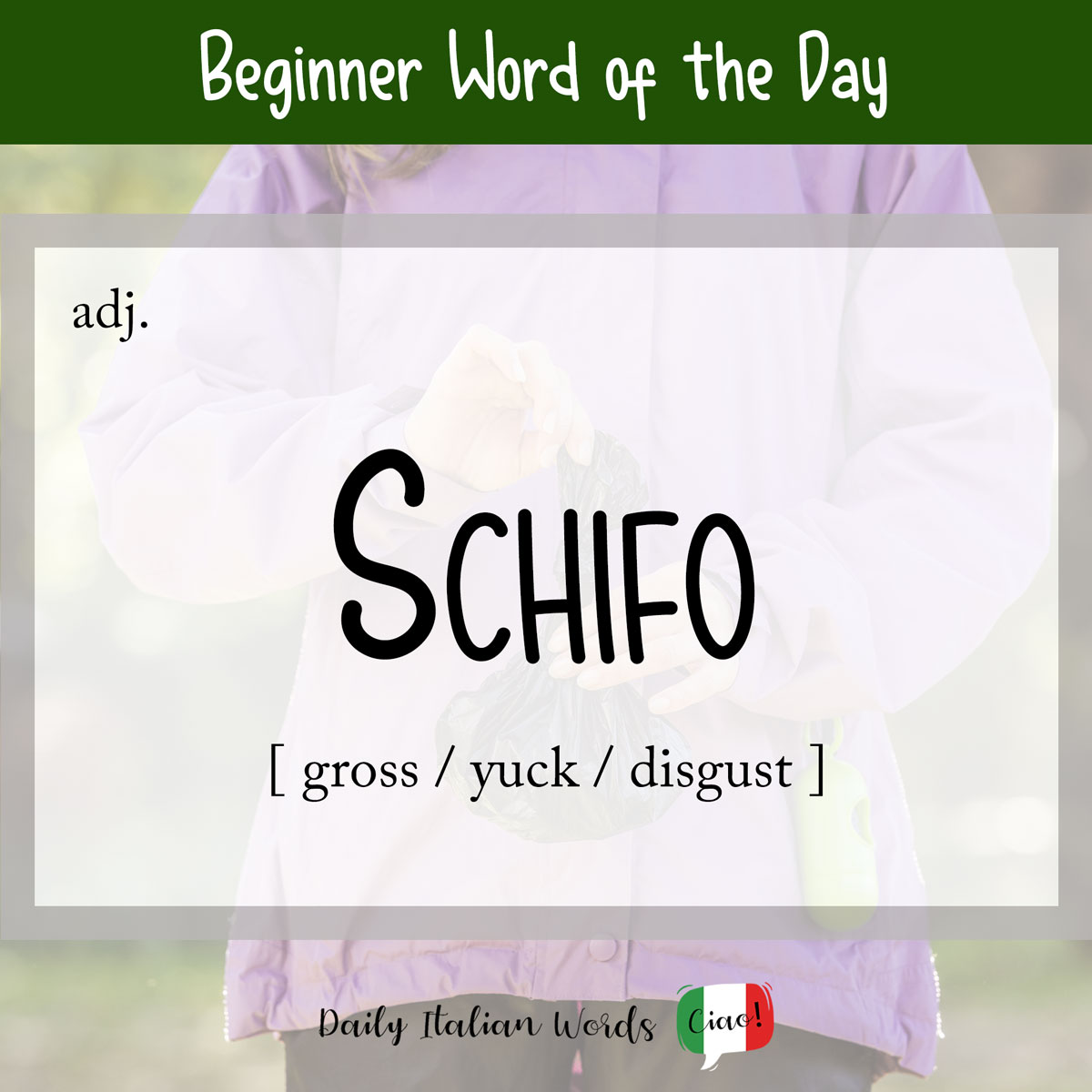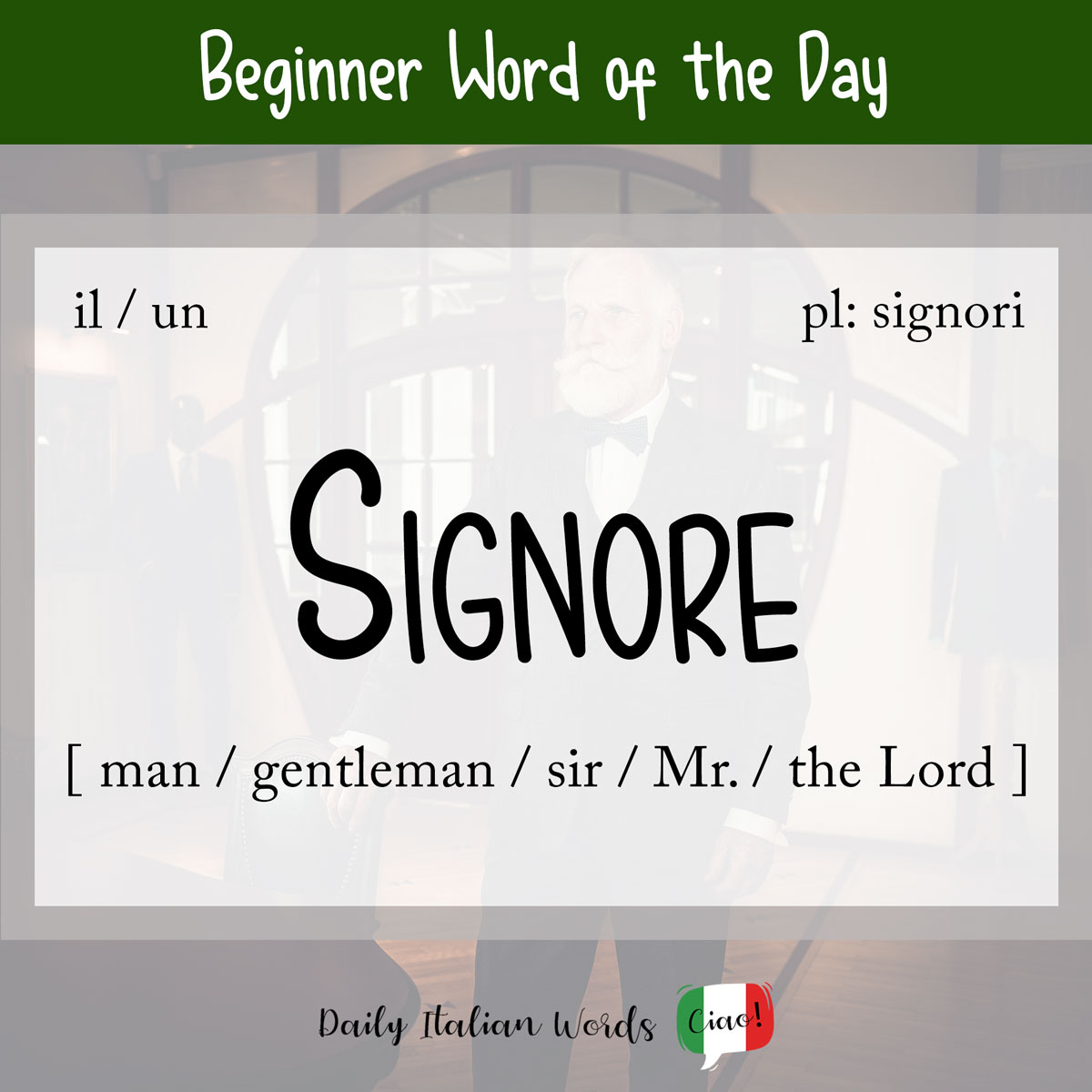Italian Word of the Day: Pensare (to think)
Today we’re going to explore pensare, a common verb in the Italian language that will offer a gateway to convey your thoughts and feelings. pensare to think Italian verbs are categorised into three classes: -are, -ire, and -ere. Pensare belongs to the first category, meaning that its conjugation in the present tense adheres the following …






